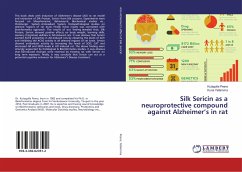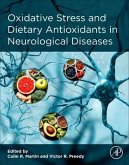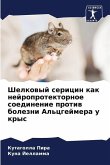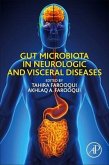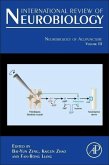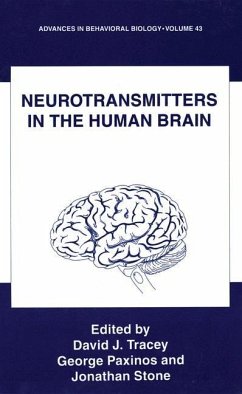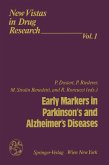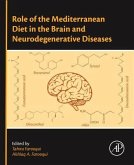This book deals with induction of Alzheimer's disease (AD) to rat model and extraction of Silk Protein, Sericin from Silk cocoons. Experiments were focused on Morphometric, Behavioural, Biochemical studies viz., Cholinergic System, Antioxidant System, Histopathological studies on selected regions of rat brain. Finally invivo results was correlated with bioinformatics approach. The results of our finding revealed that, Silk Protein, Sericin showed positive effects on body weight, learning skills, memory (Cognitive) abilities in AD-induced rats. It was obvious that Sericin exerted AChE properties in AD-induced rats by elevating the levels of ACh and inhibiting the AChE activity in all selected regions of rat brain. Sericin showed antioxidant activity by increasing the levels of SOD, CAT and decreased GR and MDA levels in AD induced rat. The above finding were strongly supported by histological & Bioinformatics studies. it was obvious that AD-induced changes were reversed by treating rat with Sericin on long term exposure, finally, it may conclude that Sericin can act as a potential cognitive enhancer for Alzheimer"s Disease treatment.

